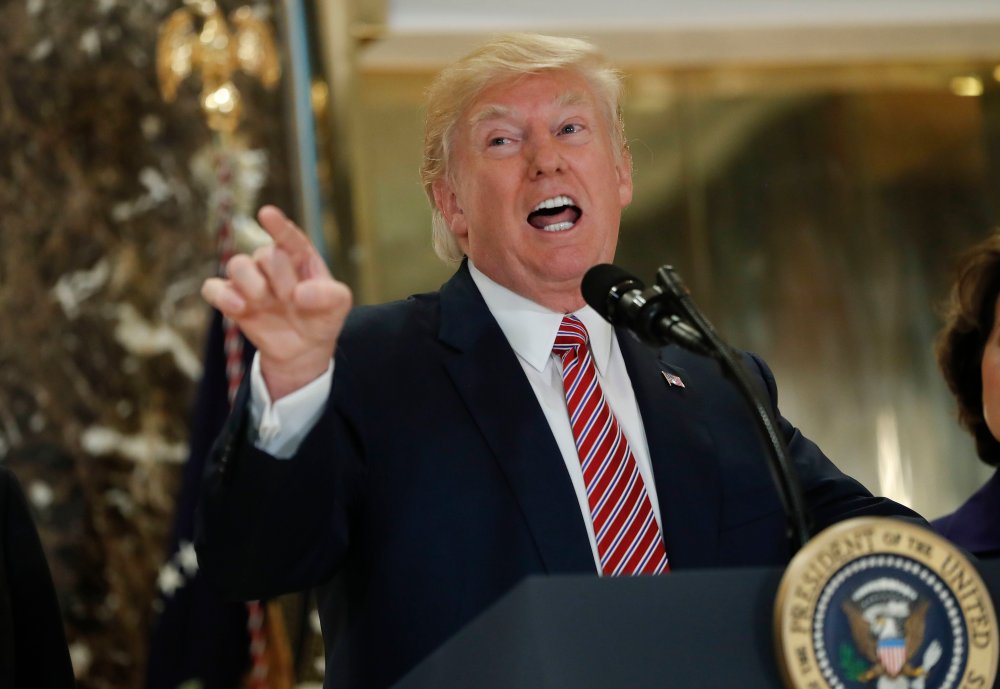They’re known as “wedge issues.” Partisans, looking for a political advantage, identify controversial issues on which their rivals are divided, and use them to drive a wedge between allies. In the Bush/Cheney era, for example, Republicans used same-sex marriage as a wedge, dividing Democrats ahead of the 2004 elections, when marriage equality was far less accepted than it is now.
Donald Trump has developed a unique talent for turning the entire model on its head. The president keeps taking unpopular positions on hot-button issues — health care, immigration, civil rights — dividing his allies and uniting his opponents. NBC News’ Benjy Sarlin yesterday described Trump’s approach as embracing “anti-wedge issues.”
One need not be a political scientist to conclude this is bizarre. Instead of taking steps to become more popular, Trump is pitting himself against the attitudes of the American mainstream. Instead of driving a wedge between Democrats and their allies, the president is making divisions among Republicans considerably worse.
This was obviously the case yesterday, when the president, at least for now, decided to end protections for Dreamers — another unpopular move that exacerbates intra-party tensions.
The question is why in the world any politician, even a hapless amateur like Trump, would do this. Is there a method lurking beneath the president’s madness?
There are different schools of thought on this. If my email inbox is any indication, many readers believe Trump is constantly creating distractions from his Russia scandal — when we’re talking about Dreamers, we’re not talking about Vladimir Putin’s espionage scheme to put Trump in power — and that may very well play some role in the White House’s strategy.
But Andrew Prokop yesterday highlighted what I think is the most likely explanation.
We’ve already seen the political world get egg on their collective faces by second-guessing Trump’s instincts many times. And in 2016, Trump’s strategy of resentment-stoking against minority groups, angrily tweeting, and overall negativity was enough to let him eke out a close victory.












